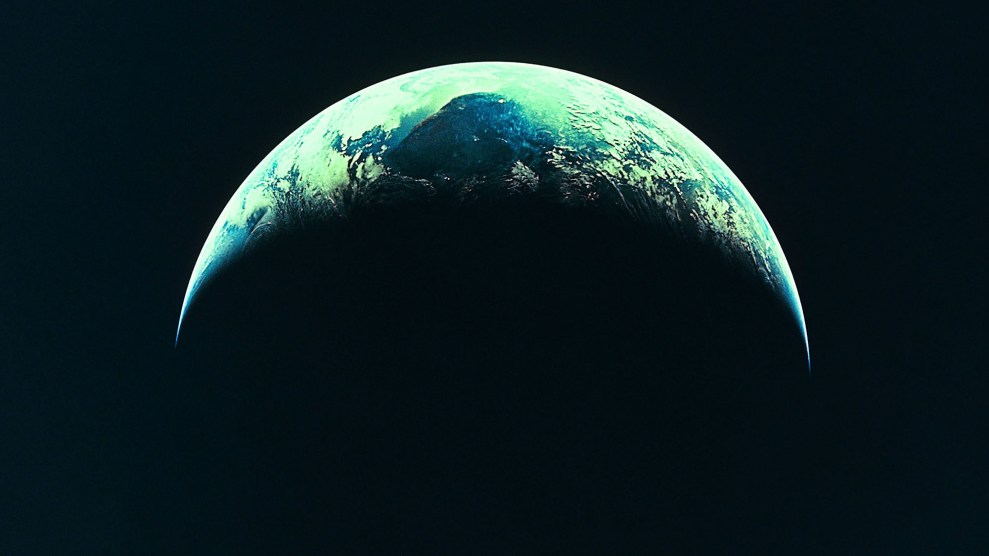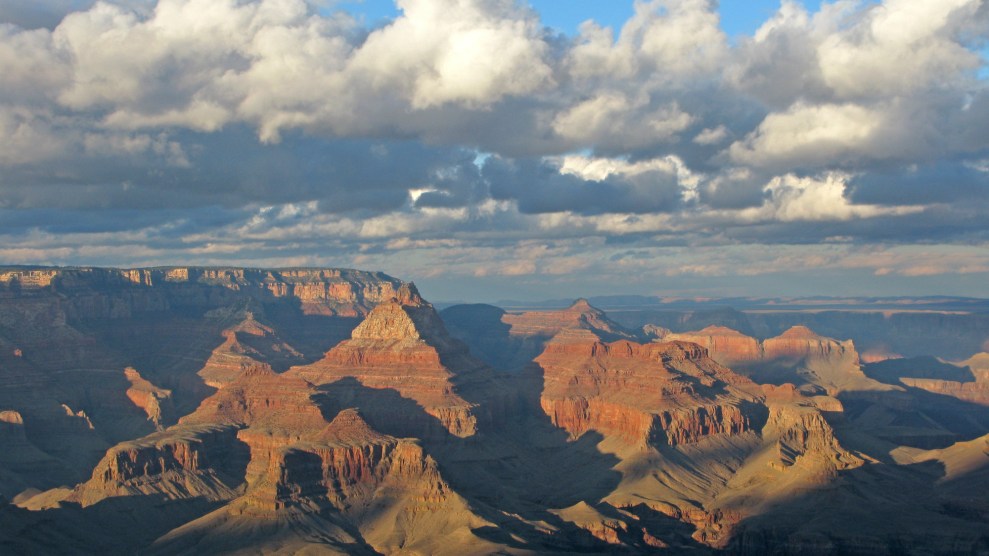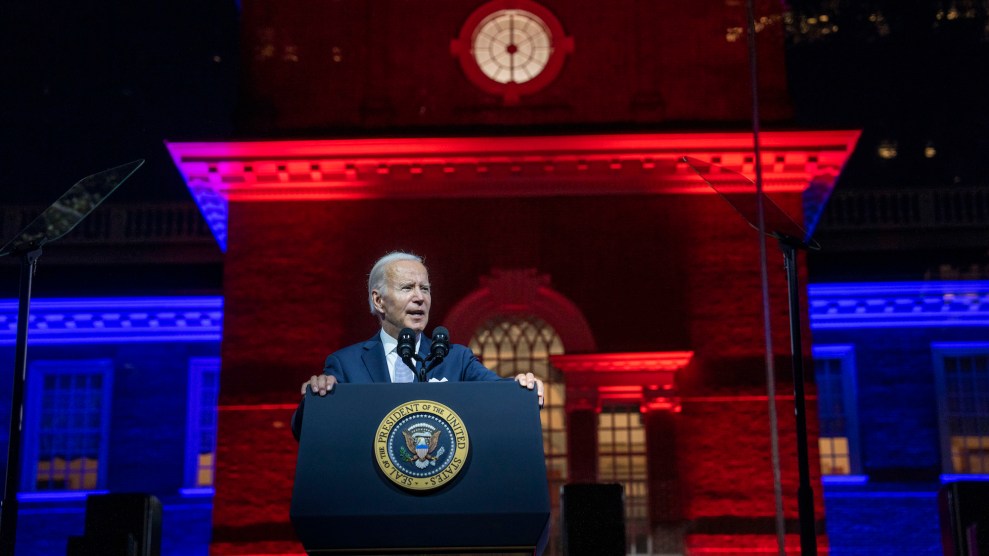
DigitalVision/Getty Images
In a yearlong series of short films for Undark, the digital publication of the Knight Science Journalism Fellowship Program at MIT, Peabody Award-winning filmmaker Ian Cheney, whose works include documentaries like “King Corn,” “The Search for General Tso,” and “The City Dark,” turned his lens on climate change. In just over 12 minutes, he explores the scale of the challenge facing humanity: scientific and technical, the emotional, psychological, and political. Cheney doesn’t pretend to offer answers or specific solutions; he only seeks to shine a light into the fog, to look for shapes and patterns, and ultimately to explore the many reasons why the problem of climate change is so difficult for humanity to even fathom, much less come together to solve.
Take a look at the film here:
Above is a 12-minute compilation of Cheney’s six short films in his series for Undark, “Measure of a Fog.” We also encourage visitors to explore each of the six installments, which are individually titled “Distance,” “Carbon,” “Energy,” “Geoengineering,” “Politics,” and “Ethics.”
“The very concept of ‘climate’ challenges the human mind,” Cheney noted at the outset of the series. “Its epochal timescales are difficult to fathom, its inner mechanics, rhythms and contours — they’re sometimes hard to discern, and even scientists are still trying to understand it all.
“Meanwhile,” he continued, “the changes we’re making to this immense, complex machinery — changes arising from a colorless, odorless gas tied to positive-sounding things like progress and growth and prosperity — it can all seem placeless and everywhere at the same time, both invisible and plain as day.”
Exploring and admitting to those tensions and ambiguities, Cheney suggests, is an important part of any conversation on where we go from here — perhaps the most important part. We hope you will find them useful as you continue your own discussions on this most crucial topic.






